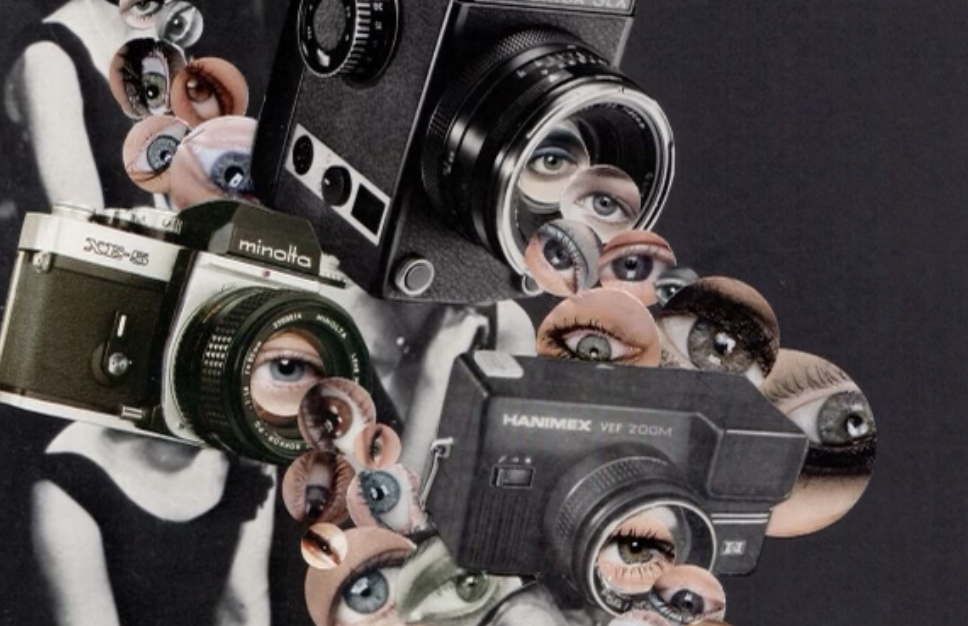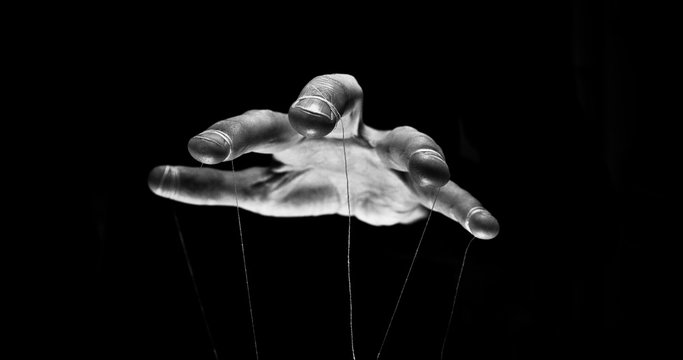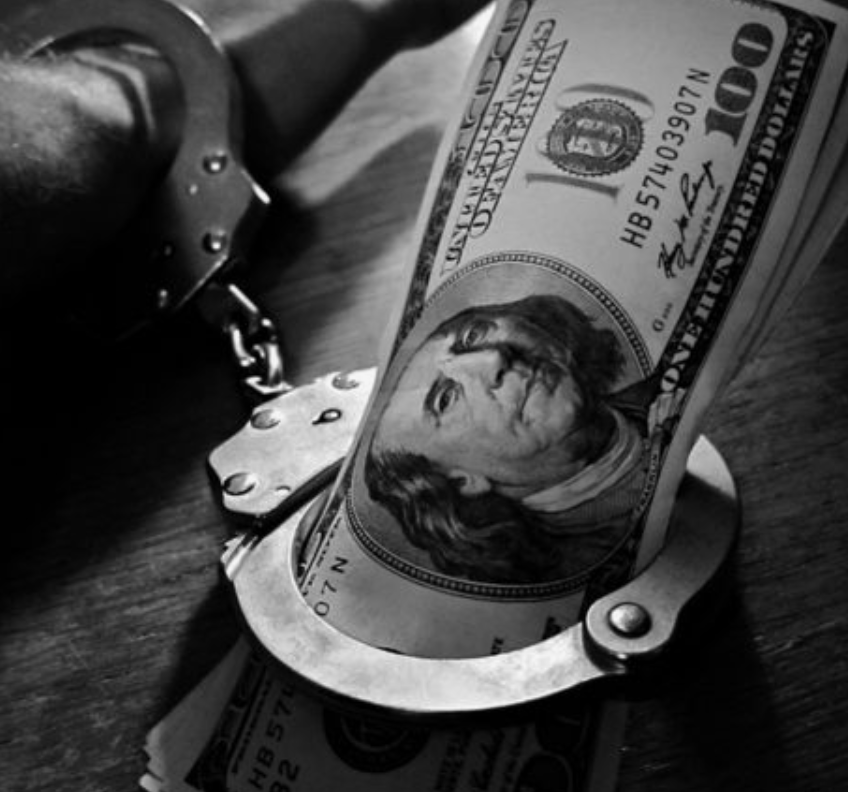Celebrities, they’re just like us! That is, until they say something and we realize they really have no clue.
It all started with COVID. While many people were losing their jobs, their homes, and struggling to survive, a group of mainstream singers and actors thought the best way to cheer up their fan-bases was to sing a song from their safe, million-dollar homes. This was received as tone-deaf and mocking. Thus began the distance felt between the celebrity and the fan.
With police brutality highlighted during this time, many artists joined in BLM protests around the world. Others thought it was a matter of taking sides, that is, until enough backlash threatened their monetization. Some were accused of staging photoshoots in the midst of protests.
As all oppression is connected, the BLM protests highlighted the Pro-Palestinian movement as many police forces who abuse force and power over Black Americans are trained by the Israeli Occupation Forces.
Now, once again, we see a highlight of which celebrities choose to speak on social issues, and which ones can live in dissonance.
While this pressure to speak up is now being highlighted, many are critiquing the need for celebrities to speak on social and political issues. After all, these people just exist to entertain, we should not expect much from them. However, in the age of social media, social justice has become a brand to commodify.

Actress, Jane Fonda, has spent decades of her life fighting for marginalized groups. She protested against the Vietnam war, she stood by Indigenous groups to protest the building of the Dakota Access Pipeline, Fonda’s home was put under government surveillance for a time due to her support of the Black Panthers Movement and her time campaigning with and visiting Angela Davis in prison. The biggest difference between her past activism and the choice moments celebrities choose to speak now? Publicity and commodification.
Instead of speaking on issues, celebrities can stay silent until they find a way to turn marginalized lives into a brand opportunity. This was shown in Taylor Swift’s documentary, Miss Americana. While Trump was in power, many criticized Swift as a white-feminist as she’d previously only spoken out about feminist issues when she was targeted. Especially seeing as many pro-Trump groups would associate her with the alt-right movement seeing as she’s tall, skinny, blonde, and white. So, this was the perfect opportunity for her to make a movie where she said she felt bad about not speaking up and promised to use her voice towards social and political issues. Only to never say anything, again, unless it was directly about her, causing the same backlash to resurface.
This is the first of the patterns of its kind. Where we see a tie between influence and a responsibility put on someone to speak about certain issues.
Selena Gomez’s biggest criticism against her is her supposed victim complex. So, she released a documentary, My Mind & Me, where she spoke about how hard it was to be in the public eye and how she’d like to speak out on social and political issues, dedicating her time to philanthropy. Fans saw a glimmer of that when she created a cooking show two years prior to this film, where professional chefs would pick charities that Gomez would donate to. However, when off camera and not gaining any monetary benefit, again, nothing is heard. That is, besides her replying to a commenter saying that she would rather defend a boyfriend of hers than speak against social issues.
Many are arguing that the reason behind asking celebrities to speak out on issues is so they know whether “their fav” would care about their life. Others claim that it’s senseless to ask celebrities to speak out because, who are they to know anything about politics?

However, the latter statement would disregard how social issues and art are so intertwined.
Films, for example, are based on oppression all over the world, in history and present day, especially dystopian and horror. The Hunger Games is being seen as a parallel for Gaza right now all over TikTok. Most zombie films, such as The Night of The Living Dead, explore themes of race and racism. The Purge: Anarchy explores intersectional motivations for participating in the purge, making explicit references to how marginalized and racialized groups have varied experiences in the world. Rape-revenge is a trope used in horror that created films like Jennifers Body and A Girl Walks Home Alone at Night, discussing feminist issues and the patriarchal society we live in.
The music industry is no different.
Hip-hop and punk are two genres that come to mind that are integral parts of social and political justice. It’s not that surprising that these genres are also two that have been historically scrutinized by law enforcement and political powers.
Rap has long been a form of content to express themes of police brutality, imbalanced power structures between racialized and white populations, mass incarceration and poverty. Punk singer Yungblud dropped ticket prices to about $20 when fans commented that they can’t afford to attend his shows, reminiscent of earlier bands like Nirvana discussing their refusal to raise ticket prices to their shows. This instance really highlighted the power artists have when it comes to ticket pricing as we are now seeing a normalization of tickets being placed in the thousand-dollar mark, creating a whole other message: these artists don’t play for their entire fanbase, just the rich ones.
Green Day’s American Idiot is still a fairly notable song that highlights the propaganda used by the media creating a lack of critical thinking in consumers. This referenced the propaganda sold surrounding the American invasion of Iraq, likening American news to glorified reality TV. The band faced major pushback when they stated in an interview that they’re supportive of American flag desecration in relation to their song.
This is a trend that continues with newer indie artists of the genre. Boston-based singer Gilanares is reminiscent of those in the alternative genre before her as she discusses classism and white privilege in songs like American Entitlement. Chloe Slater discusses our culture of over-consumption in her single 24 Hours set to release in the new year. Athens-based band Commüne has an Instagram bio that reads “punk for the people.” It seems that with the downfall of the mainstream celebrity comes a rise of the indie-creator who has more freedom to speak on what they care about. Bringing an authenticity that listeners appreciate.
As younger people develop a larger class consciousness and awareness of global politics, we see a rise in younger artists using their art to discuss these issues. Photographer Grace, who works with Commune’s lead Zeina, says “I think being in a punk music community, we stand for the people but it’s not always in your face. At multiple shows, Zeina’s taken time to address what should be on our minds, from the Stop Cop City movement to a Free Palestine, expressing our calls for action. It catches people when the person they are admiring on stage speaks to their humanity rather than just their ears.”
Grace is also using her artistry to speak about things that matter to her, “highlighting Palestinian voices and talent in the Southeast U.S.,” working on selling prints and donating the profits for a mutual aid fundraiser for Palestine.

Grace highlights the fact that even when they seem socially apolitical, artists will make political statements at their concerts like holding up the pride flag, making statements about women’s rights following the overturn of Roe v. Wade, and covering certain political songs at shows. The biggest difference people are finding is how these creators go about speaking on issues. Do they speak about issues as they’re happening? Or do they remain silent while an issue is happening only to monetize their regret after sufficient backlash has been raised enough for them to lose money?
Larger artists have a fan base that they cannot bear to lose. If they do, that’s thousands of dollars being spent on something or someone else. Instead, they remain neutral enough to maintain their status. There have also been cases of artists like Nemhasis who are dropped by their label for speaking about the issues they care about. Although, that doesn’t seem to be enough anymore.
People want to know that the person they support wouldn’t let them die if it meant they’d get a bigger check. As people realize this fact, the status of celebrity is dwindling. Especially in comparison to other still successful artists and new artists who fans feel hold talent as well as values they align with.
As people realize that all oppression faced is connected all around the world, they look to the people they monetarily support to reflect the same values. After all, we are a global society in the age of social media. No longer are celebrities an abstract concept whose lives and opinions are only to be seen through a magazine. This closeness to their opinions and who they are as people allows us, as consumers, to form opinions on them beyond how much we like their art, erasing the glamor of the concept that is “celebrity.”
They are now influencers who share their beliefs and likes and people often follow just because of who they are. Sometimes that’s used for good with over 35,000 people registering to vote after Taylor Swift urged her fans to vote in elections, other times it involves fans of people like Noah Schnapp contributing to alt-right discussions after he mocked queer people of color on his social media. This is the power of the celebrity.
A cult following means a higher need for critical thinking and the ability to critique artists for creating about 35 years worth of emissions in 3 months. As we grow in consciousness about the world, is a fall of the celebrity to follow? The precedent is no.
Chris Brown who has a history of abusing women, Lea Michelle who has countless accusations of anti-Black racism against her, and the Kardashian’s who profit off of appropriating Black culture are just a few examples of people who are still performing concerts, still being cast on Broadway, and still booking events in the fashion world. So what is the point in urging those of high status to continue speaking on social issues if they seemingly only do it for profit and what do we think the societal change is to be?
These aren’t questions that can be answered as there is still an imbalance of power. So the question must be when will the downfall of the celebrity drop to where the average person can critique them and not be purely speaking into a void protected by stan-culture and individualism? It seems that the answer is soon to come as people grow aware of the fact that celebrities are far removed from the average person. That at the end, no matter how far they fall, they still live in a bubble protected from the plights of the average person. How far of a downfall is far enough?

